
Giovanni Sgaravatti
Giovanni works at Bruegel as an Energy and climate research analyst. He studied Economics (BSc) at University of Venice - Ca’ Foscari - including one semester at the University of Melbourne, and holds a Master’s degree in Quantitative Economics obtained in Venice - having done the whole second year at the Economics School of Louvain.
Before joining Bruegel Giovanni worked in the Productivity branch of the Office for National Statistics in the United Kingdom. As a trainee he worked at the Delegation of the European Union to Chile and at BusinessEurope. His fields of analysis span from productivity to energy and climate change.
Giovanni is an Italian native speaker, is fluent in English and has good working knowledge of French and Spanish.
Featured work

European natural gas imports
This dataset aggregates daily data on European natural gas import flows and storage levels.
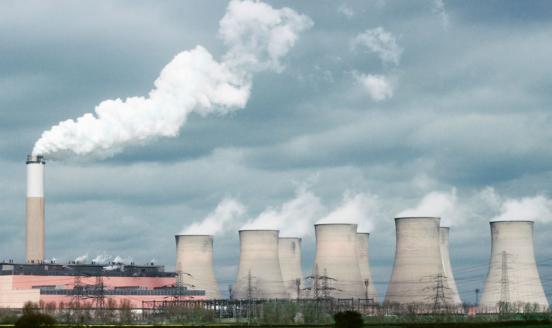
The European Union-Russia energy divorce: state of play
EU-Russia energy trade has fallen hugely since Russia’s invasion of Ukraine, but the EU could still do more to reduce dependence
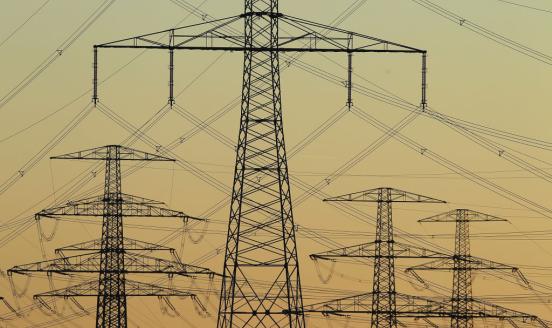
Electricity tariffs dashboard
This dashboard provides an overview of electricity prices in EU member countries until the end of 2022.
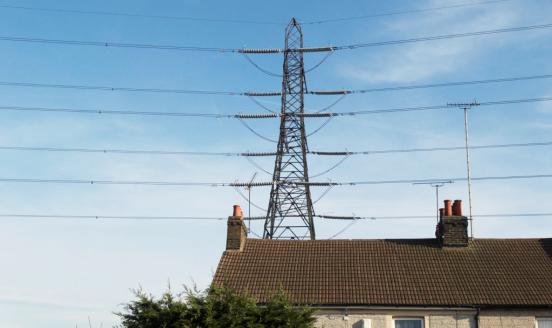
Electricity pricing is Europe’s hidden industrial policy

Europe’s under-the-radar industrial policy: intervention in electricity pricing
Government efforts to artificially lower electricity prices for one group of consumers will raise prices for others, with cross-border implications.
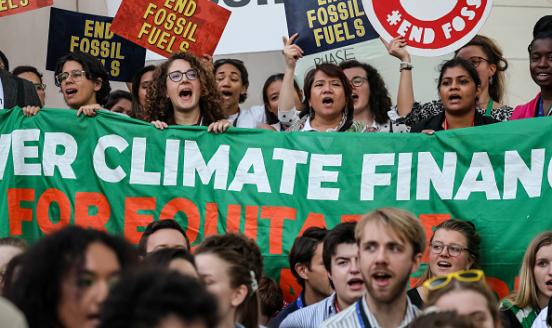
Europe’s time to lead on climate action
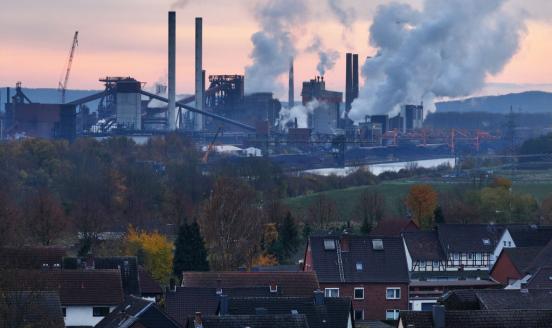
COP28: key issues at stake and indicators of success
COP28 must convey the importance to governments of better integrating climate considerations into financial decision-making.
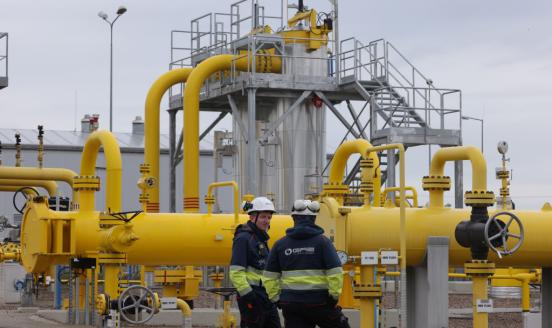
The European Union is ready for the 2023-24 winter gas season
Demand cuts, alternative supply and the green energy rollout mean the EU likely has enough gas for winter, even if Russian supplies are cut completely
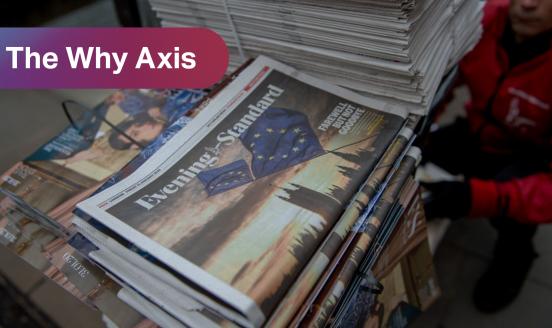
How should international carbon emissions in the aviation and shipping sectors be reduced?
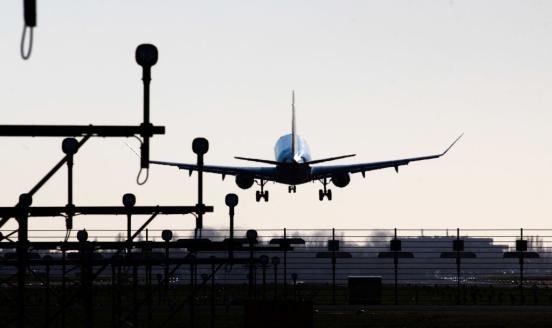
The struggle to cut emissions from international aviation and shipping
Three possible policy pathways could lead to improvement and systemic change in the aviation and maritime sectors.
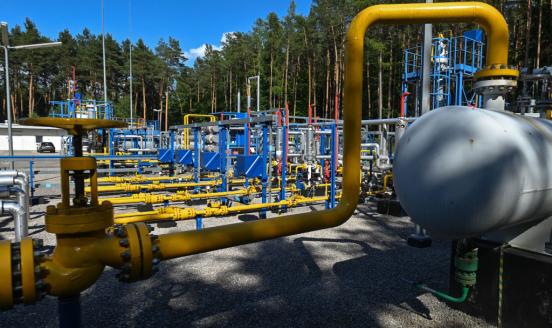
The EU can manage without Russian liquified natural gas
How can the European Union achieve its target of eliminating all Russian fossil-fuel imports by 2027?
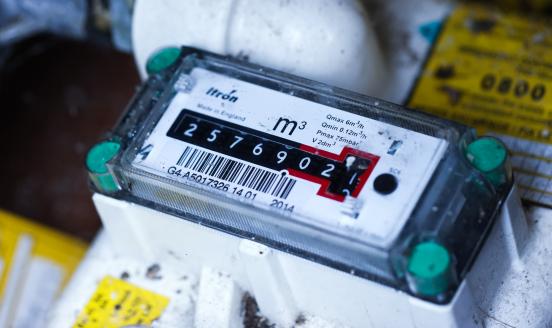
National fiscal policy responses to the energy crisis
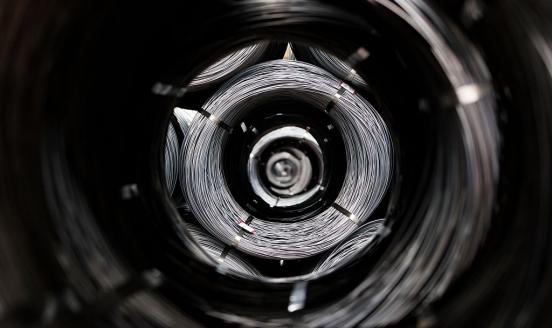
Adjusting to the energy shock: the right policies for European industry
In its industrial strategy response, the EU must ask if the energy-intensive parts of the value chain should be outsourced permanently.
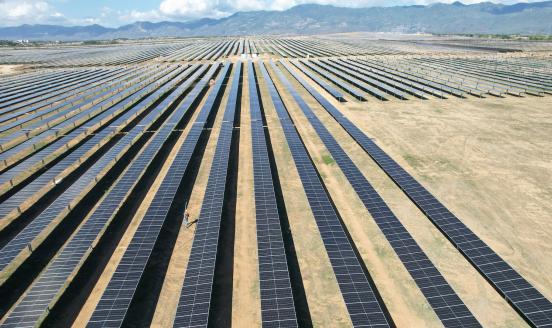
Cleantech manufacturing: where does Europe really stand?
A single European Union cleantech manufacturing capacity target should be based on an understanding of the situation in each cleantech sector
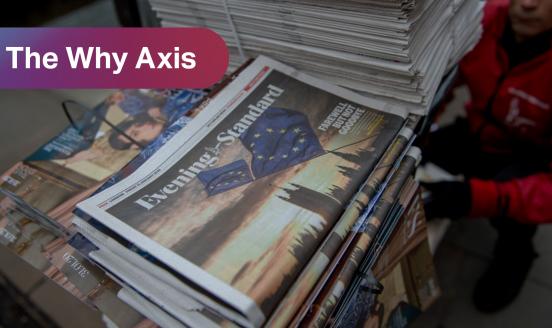
How can an EU industrial policy mitigate the effects of rising energy costs?
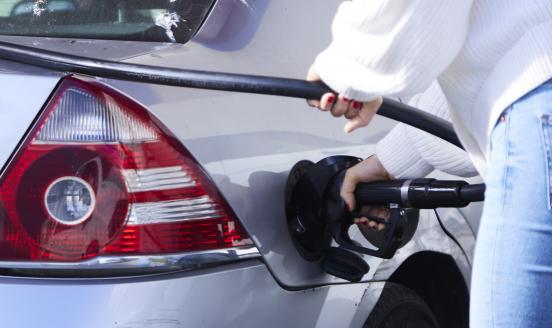
The fiscal side of Europe’s energy crisis: the facts, problems and prospects
Europe needs to move beyond emergency fiscal responses and focus on structural changes to allow the EU to accelerate its decoupling from fossil fuels.
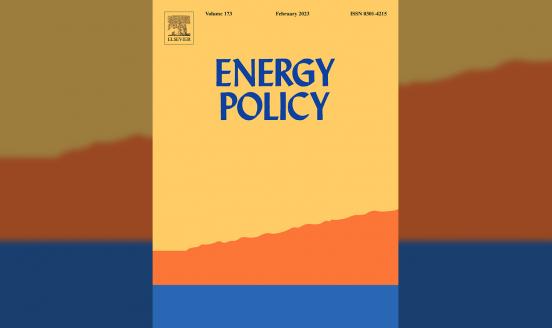
How would the European Union fare without Russian energy?
This contribution explores how Europe can manage without the imports of Russian coal, crude oil, oil products and natural gas.
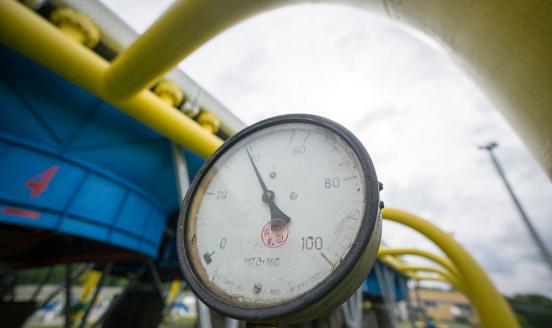
National energy policy responses to the energy crisis
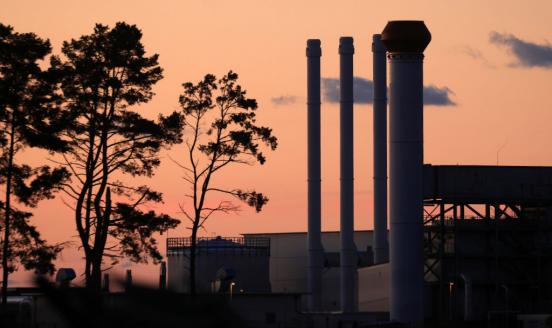
A grand bargain to steer through the European Union’s energy crisis
The current crisis looks set to leave behind it a radically different system, but what that system will look like remains an open question
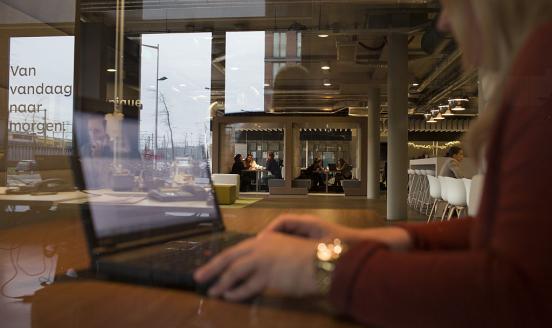
The low productivity of European firms: how can policies enhance the allocation of resources?
Economists take total factor productivity (TFP) as one of the most informative indicators of the state of a country's economy.
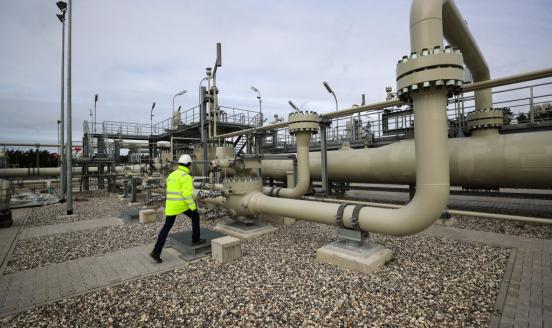
Can Europe manage if Russian oil and coal are cut off?
A stop to Russian oil and coal supplies would push Europe into a short and painful adjustment period.
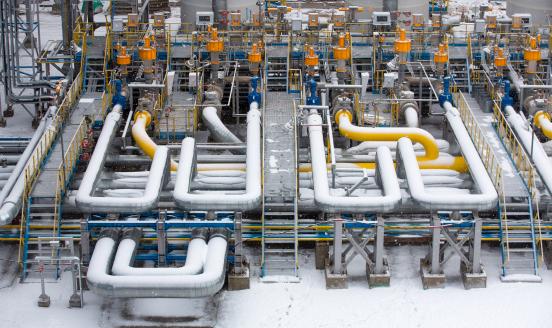
Preparing for the first winter without Russian gas
The European Union can manage without Russian gas next winter, but must be united in taking difficult decisions.

Productivity in transformative times
This Microprod policy conference discussed how productivity is affected by globalisation and digitisation.
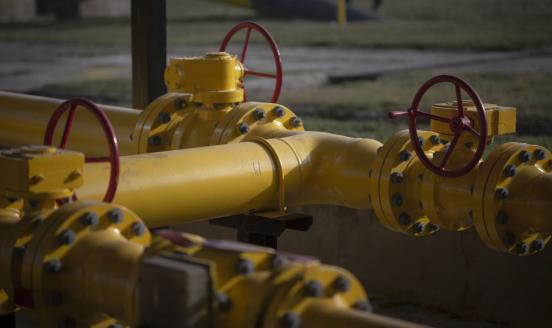
Can Europe survive painlessly without Russian gas?
If Russian gas stops flowing, measures to replace supply won’t be enough. The European Union will need to curb demand, implying difficult and costly d
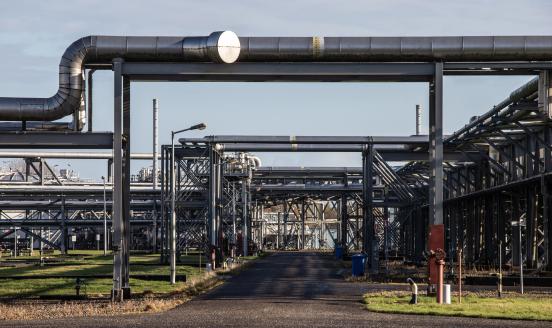
How serious is Europe’s natural gas storage shortfall?
Europe may not have enough natural gas in storage for the coming winter; close monitoring of the situation will be essential.
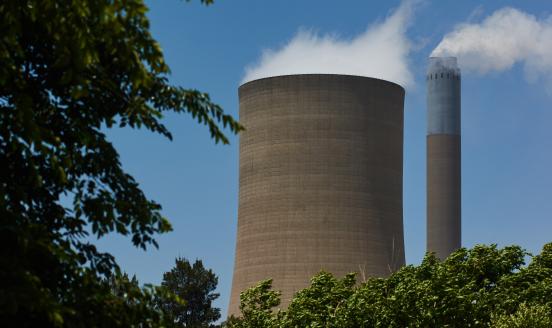
Rising energy prices: European Union countries’ views on medium-term policies
Alongside short-term measures to shield consumers from rising energy prices, EU countries have set out their positions on medium-term measures to prev